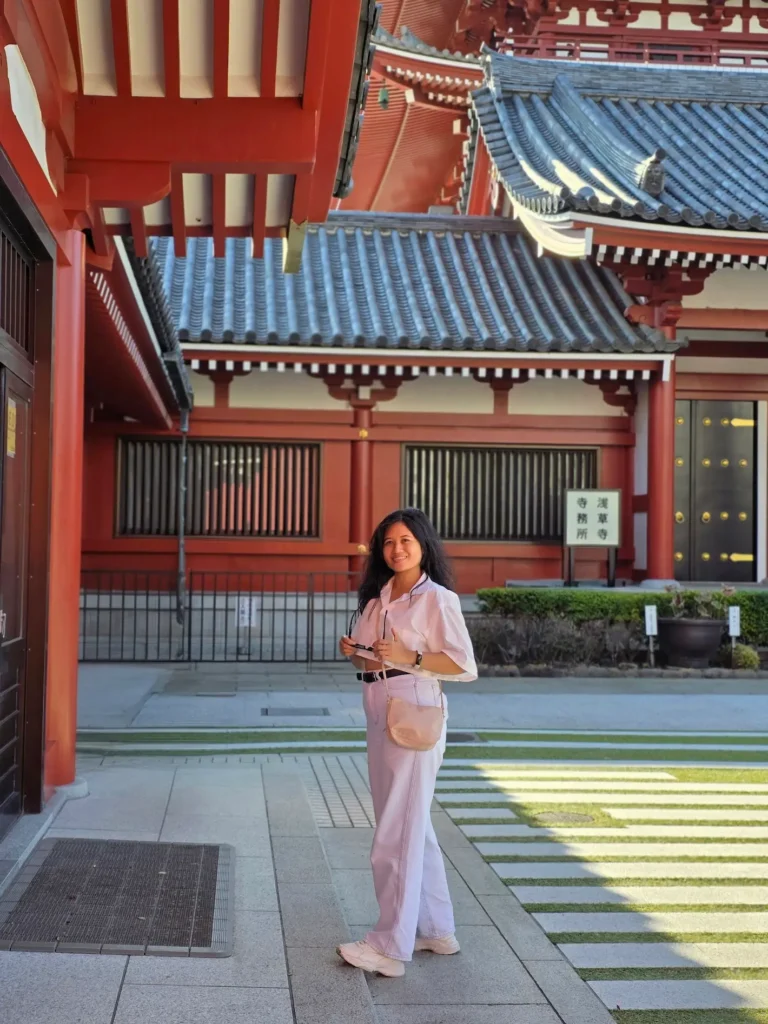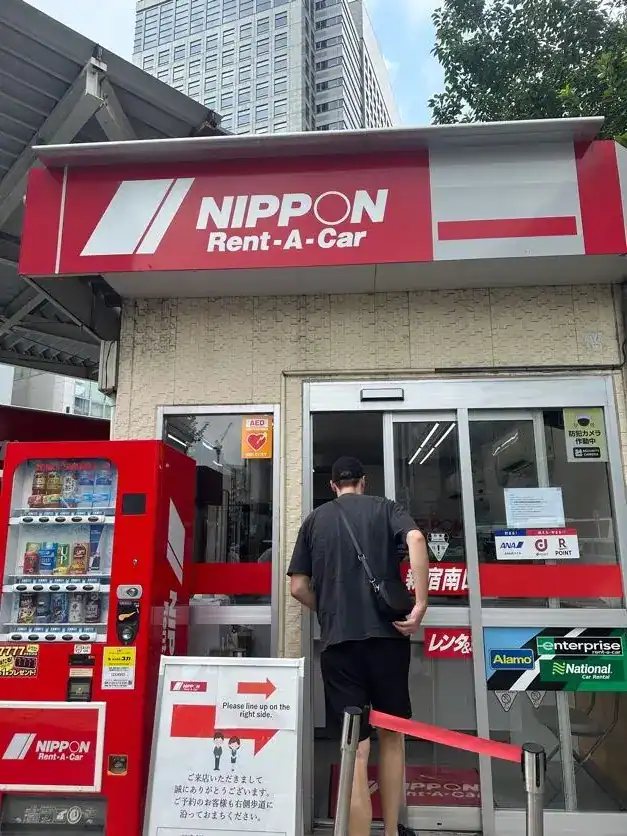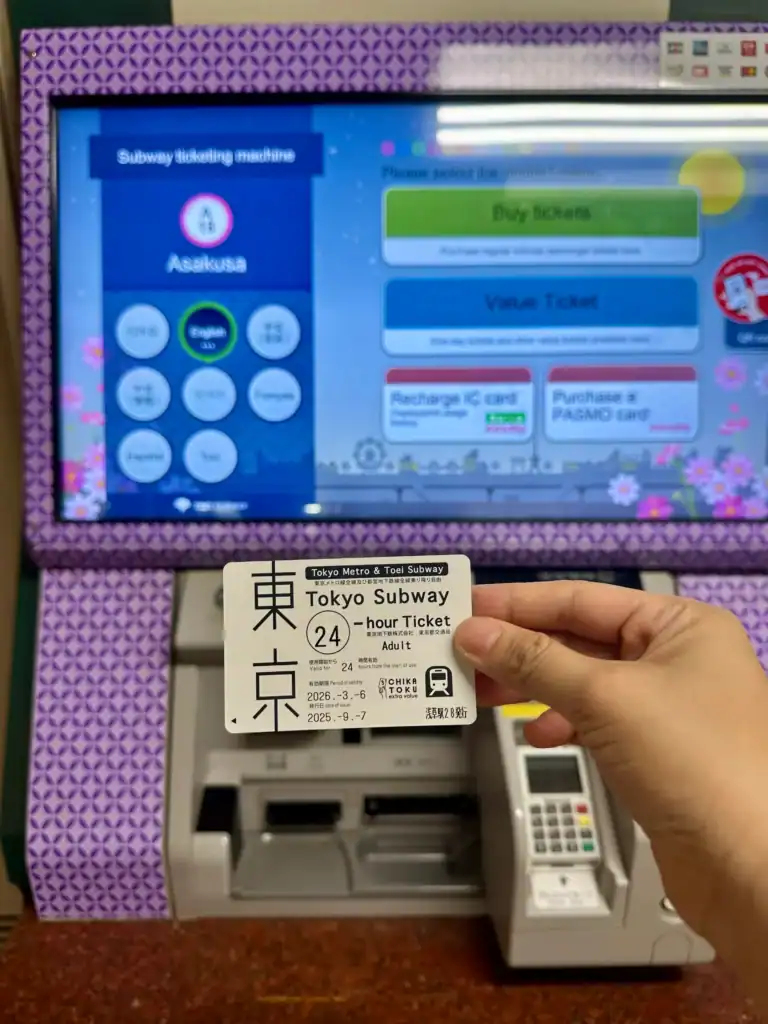Do I Need Travel Insurance for Japan?
If you’re planning your first trip to Japan, you’ve probably asked yourself, “Do I need travel insurance for Japan?”
It’s a common question—and the answer depends on your travel style, health needs, and how much risk you’re willing to take.
Japan is famously safe and efficient, but even seasoned travelers can be surprised by how expensive unexpected situations can get.
From a sprained ankle on temple steps to a lost suitcase on the Shinkansen, small mishaps can quickly turn into big bills since Japanese hospitals often require payment up front.
That’s where having the right Japan travel insurance can make all the difference.
This guide breaks down when it’s worth buying, what travel insurance actually covers in Japan, and which policies offer the best travel insurance for Japan based on your itinerary and budget.
By the end, you’ll know exactly what kind of protection you need—so you can explore Japan with total peace of mind.
This post contains affiliate links. If you book through them, I may earn a small commission — at no extra cost to you. Thank you for your support! Read our full disclosure.
Is Travel Insurance Required to Enter Japan?

Right now, travel insurance is not legally required for most tourists visiting Japan. You can enter the country without showing any proof of coverage at immigration.
However, that wasn’t always the case. During the pandemic, certain travelers were required to show proof of insurance that covered COVID-19 treatment and medical emergencies.
Those entry rules have since been lifted for most nationalities, but visa requirements can still vary depending on where you’re from.
If you’re applying for a tourist visa, it’s important to double-check your country’s specific rules.
For example, some Filipino applicants may need to show proof of funds or medical coverage before their visa is approved — you can read more in the Embassy of Japan in the Philippines.
Even though the Japanese government doesn’t currently require it, some tours, temple stays, and adventure activities—like skiing in Hokkaido or hiking Mount Fuji—may ask for proof of insurance before confirming your booking.
What Travel Insurance Covers
(And Why It Matters in Japan)
While every policy is different, here’s a general overview of what most Japan travel insurance plans include — and what they usually exclude:
|
Usually Covered |
Often Not Covered |
|---|---|
|
Emergency medical treatment and hospitalization abroad |
Pre-existing conditions (unless disclosed and covered by a waiver or add-on) |
|
Loss or theft of luggage and travel documents |
Routine care or check-ups (preventative health, regular dental, etc.) |
|
Trip delays or cancellations/interruption (depending on policy) |
Risky or adventure sports and activities (e.g., skiing off-piste, surfing, remote-area hiking) — unless you add that benefit |
|
Personal liability (if you damage property or injure someone while travelling) |
Elective procedures, mental health care (in many policies) |
|
Repatriation or medical evacuation |
Coverage for events known or imminent at time of purchase (e.g., forecasted natural disasters, epidemics) |
I once met a traveler in Osaka who sprained her ankle climbing the steps of Osaka Castle. She thought it was minor, but the swelling worsened, and she ended up at a clinic. The visit and X-rays cost over ¥40,000 because she didn’t have insurance. It wasn’t life-threatening, but it changed how she planned her future trips — and it changed how I see travel insurance, too. Because sometimes, it’s the small surprises that matter most.
Even with comprehensive coverage, it’s easy to underestimate how valuable it can be — until you need it.
Before You Fly to Japan…
Travel is full of magic — until something unexpected happens.
That’s why I always make sure I’m covered with SafetyWing. It’s simple, flexible, and made for travelers who want to explore freely without worrying about “what ifs.”
Whether you’re wandering through Kyoto’s temples or catching the sunrise over Mount Fuji, knowing you’re protected lets you focus on what really matters — experiencing Japan fully, with calm and confidence.

Is Travel Insurance Really Worth It for Japan?

Japan’s healthcare system is known for its quality: clean facilities, efficient care, and highly trained doctors.
But what surprises many first-time visitors is that it’s also one of the most expensive in Asia if you’re uninsured.
Even a short hospital stay can cost hundreds of dollars per day, and specialized treatment or testing can quickly climb into the thousands.
Clinics and hospitals usually require payment upfront, even for emergencies, and most don’t accept foreign credit-based medical guarantees.
To put that into perspective, a single night in a Tokyo hospital for dehydration or food poisoning can easily cost ¥100,000 (around USD $650).
A canceled flight during typhoon season could mean extra hotel nights, new tickets, and rebooked tours, expenses that add up fast without coverage.
Japan’s location also makes travel insurance worth serious consideration. The country experiences earthquakes, typhoons, and seasonal disruptions that can delay flights or force itinerary changes.
While rare, those risks are real — and having insurance helps you recover your costs instead of losing them.
So, is travel insurance worth it for Japan? For most travelers, absolutely! It’s a small investment for peace of mind in one of the most beautiful but unpredictable destinations in the world.
Before each of my trips, I double-check all the little details, from sorting my [Japan eSIM that actually worked] to figuring out whether the [Tokyo Metro Pass is really worth it]. Having those basics sorted (and insurance to back me up) makes everything smoother once I land.
When You Might Skip It
(But Should You?)
There are a few cases where skipping travel insurance for Japan might seem reasonable.
Suppose you’re visiting for just a couple of days, sticking to low-risk activities, and already have solid international medical coverage through a premium credit card. In that case, you might think you’re covered.
But here’s the catch — credit card insurance often has strict limits and exclusions.
It might only apply if you booked your flight with that specific card, or it may not cover medical evacuation, pre-existing conditions, or trip cancellations outside of certain countries.
Always read the fine print before assuming you’re fully protected.
Ultimately, it comes down to your personal risk tolerance. Are you comfortable paying out-of-pocket if something goes wrong? A single accident could cost more than the insurance itself.
Best Travel Insurance for Japan
(Based on Experience)
This section is not sponsored — these are recommendations based on real traveler experience, reliability, and overall value.
After comparing different policies during multiple trips, these companies stand out for affordability, coverage, and ease of claims:
SafetyWing – Great for longer trips or digital nomads. Their monthly subscription model makes it easy to extend coverage if your plans change mid-trip.
HeyMondo – Excellent app-based service with 24/7 medical support and direct payment to hospitals, which is incredibly helpful in Japan’s upfront-payment system.
World Nomads – Best for adventure travelers or anyone planning activities like hiking, skiing, or diving. They have solid emergency evacuation coverage and flexible add-ons.
If you have a premium credit card, you may already have some limited travel coverage. However, it usually won’t include full medical benefits or coverage for all trip costs; it’s best viewed as a backup rather than your main plan.
Questions to Ask When Comparing Japan Travel Insurance
• What are the coverage limits?
Look for at least $100,000 USD in medical coverage to handle potential hospital or emergency costs in Japan.
• Is there a 24/7 emergency assistance hotline?
Emergencies don’t wait for business hours—make sure help is available anytime, anywhere, especially if you don’t speak Japanese.
• Does the insurer have direct partnerships with hospitals in Japan?
Some companies work directly with hospitals so you won’t have to pay upfront for treatment.
• Are pre-existing conditions covered—or excluded?
If you have ongoing health issues, make sure your policy clearly states whether they’re covered.
• Does the plan include coverage for trip delays, cancellations, or lost luggage?
Japan’s transport is reliable, but things happen—having this coverage can save you major costs.
When to Buy Travel Insurance
(And How Long You Need It For)

Buy travel insurance right after you book your flights. This gives you protection if something happens before you leave, such as illness, airline issues, or a family emergency.
If you travel often, compare annual multi-trip plans with single-trip plans. Annual plans can reduce your total cost and keep you covered for every trip, even last-minute ones.
Quick Tip: Make sure your coverage dates match your full travel dates. Add one extra day at the end to cover delays or missed connections. This prevents gaps in coverage when plans change.
Once your coverage is sorted, don’t forget to plan the fun parts too. You can read about my [sushi-making class in Tokyo] or check out [the best Kawaguchiko hotels with Mt. Fuji views] to help you plan your trip.
Japan isn’t just about logistics; it’s about the moments you’ll remember long after you’re home.
Common Mistakes People Make with Japan Travel Insurance
|
Mistakes |
Why It’s a Problem |
How to Avoid It |
|---|---|---|
|
Not reading the fine print |
Policies may exclude coverage for pre-existing conditions, adventure sports, or natural disasters. |
Always read exclusions carefully and make sure your plan covers your activities and medical needs. |
|
Relying only on credit card insurance |
Most credit cards offer limited protection—usually trip delays or baggage issues, not medical emergencies. |
Use a dedicated Japan travel insurance policy for full medical and evacuation coverage. |
|
Buying insurance too late |
You can’t claim for issues that start before you buy the policy. |
Purchase coverage as soon as you book your flights to lock in protection early. |
|
Choosing the cheapest option |
Low-cost plans often have high deductibles or limited hospital networks. |
Compare plans based on coverage and support, not just price. |
FAQs About Japan Travel Insurance
Is healthcare free for tourists in Japan?
No. Japan’s excellent healthcare system is heavily subsidized for residents but not for foreign visitors. Tourists are required to pay full costs upfront, which can be significant.
What if I already have health insurance in my country?
Most domestic health plans don’t cover international treatment. Even if they do, reimbursement can take months and might exclude emergency evacuation or transport costs.
Do I need travel insurance if I have a visa?
Not necessarily — travel insurance is not legally required for entry or visa approval for most nationalities. However, some countries (like the Philippines) may require proof of coverage depending on visa type.
Can I buy insurance after landing in Japan?
Some companies allow it, but it’s risky. You won’t be covered for any incidents that happen before purchase, and options are limited once you’re abroad. It’s always best to buy before departure.
Should You Get Travel Insurance for Japan?
So, do you really need travel insurance for Japan?
Technically, no, it isn’t required by law. But in reality, it’s one of the smartest investments you can make for your trip.
Japan’s healthcare system is world-class, yet even a minor injury or illness can lead to unexpectedly high bills if you’re uninsured. Lost luggage, delayed flights, or canceled tours can also cost more than the price of a good policy.
And in a country where nature often has a mind of its own—typhoons, earthquakes, and sudden weather shifts—insurance offers something invaluable: peace of mind.
If you want to travel freely, knowing you’re protected no matter what happens, getting travel insurance for Japan is a simple way to make that possible.
Take a few minutes to compare plans before you go; you might be surprised at how affordable real security can be.
Because in the end, peace of mind is the best souvenir you can bring home from Japan.
Read More About Japan
- I Tried the Best Sushi Making Class in Tokyo
- The Best eSIM for Japan That Actually Worked for Me
- 10 Best Day Trips from Tokyo (That Are Actually Worth It)
- Is the Tokyo Metro Pass Worth It?
- 15 Best Kawaguchiko Hotels with Mt. Fuji Views
- 14 Of The Best Cooking Classes In Tokyo For Tourists
- 14 Cooking Classes in Kyoto You’ll Love
- 10 Fun and Authentic Cooking Classes in Osaka
- 15 Non-Touristy Things to Do in Kyoto for an Authentic Experience







